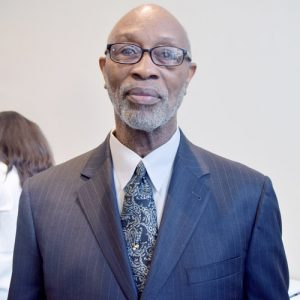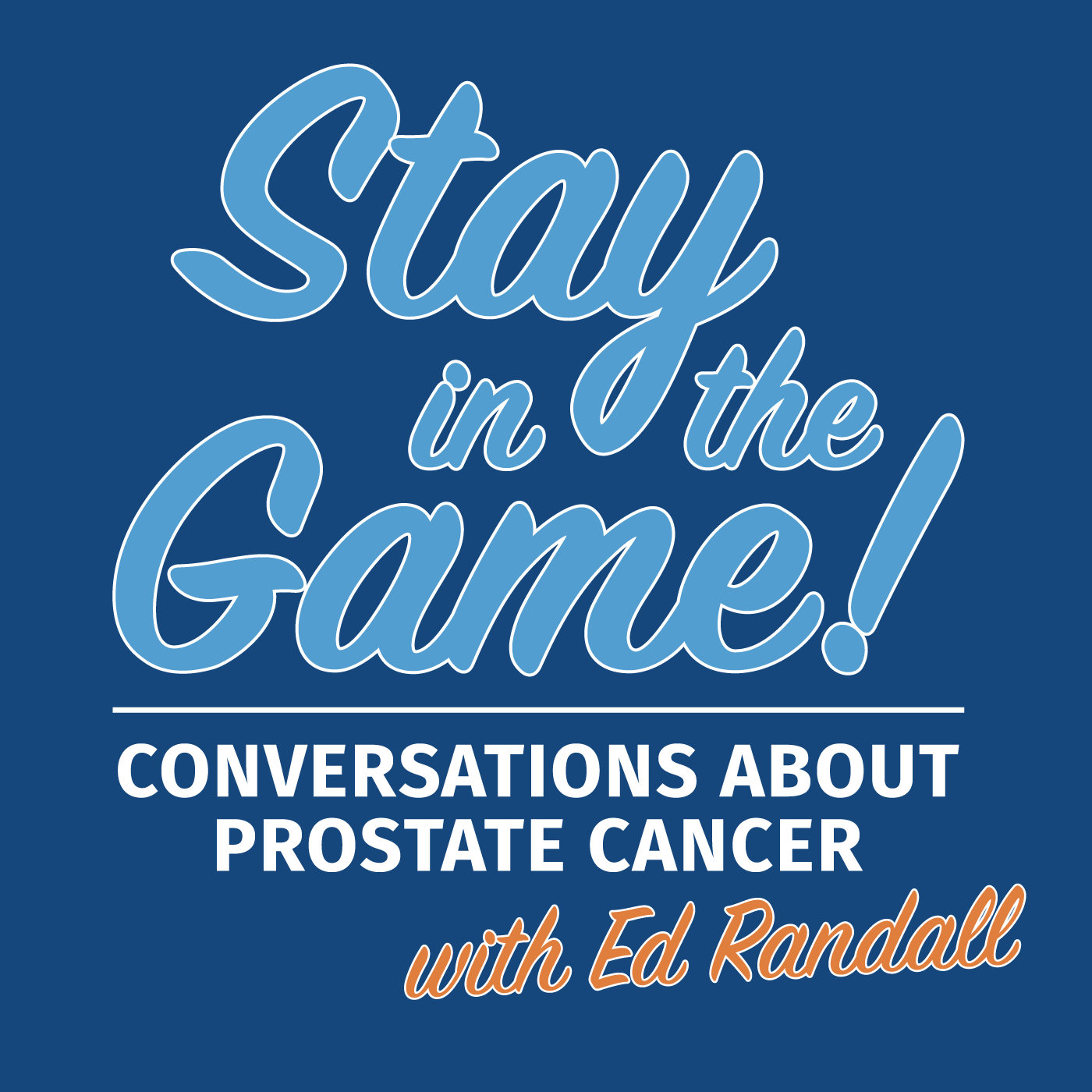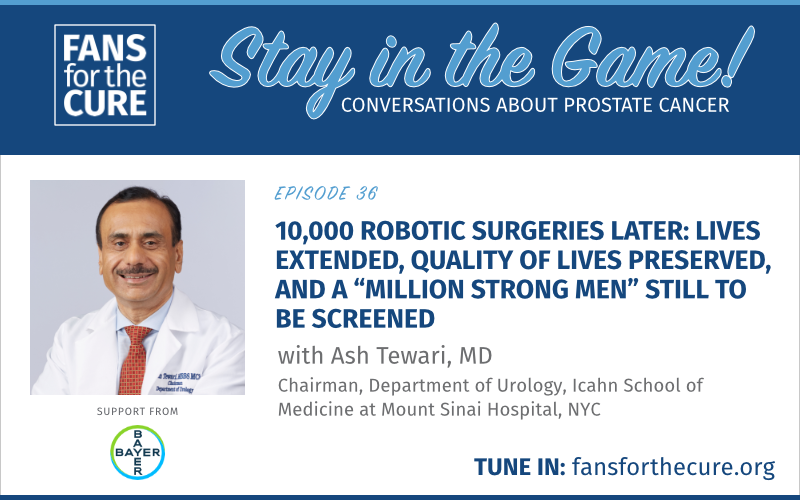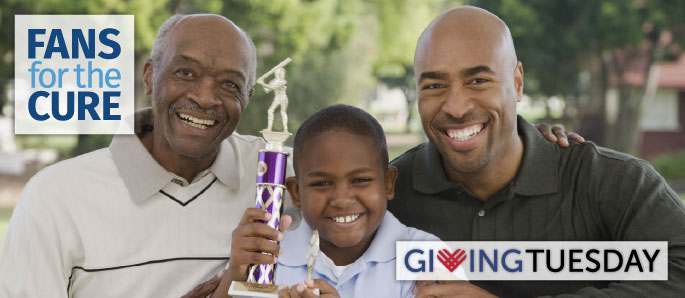
How has prostate cancer impacted your life?
Throughout my 20s, 30s, and 40s, I was a healthy young man who did not feel the need to go for annual medical checkups. In fact, I thought it was a waste of my time. I listened to many stories told by my family and work colleagues about a medical diagnosis they had been given that had surprised them. Their stories gave me reasons to pause, but they did not energize me enough to go to the doctor. However, God stepped in; two organizations that I am a member of incorporated prostate cancer screening into their programs. Prince Hall Masons of the State of New York provided an annual prostate cancer screening in January, and Convent Avenue Baptist Church in Harlem, New York provided a screening in October. I went from someone who had never been screened to someone who was screened twice a year.
During one of those screenings, I was diagnosed as having prostate cancer. I was very fortunate to have been diagnosed at an early stage; I had plenty of time to do research relative to the type of treatment I preferred. Additionally, because I was otherwise healthy, all treatment options were available to me. I opted for a nerve-sparing radical prostatectomy. I was diagnosed and treated in 1995 at the age of 55; I was devastated, shocked and surprised.
From the time I was diagnosed through my treatment and recovery, only my wife and mother knew that I had prostate cancer. I felt that there was a stigma attached to having prostate cancer. No one knew why I had taken off from work, why I was not attending church, or why there were meetings that I did not attend. I basically faced the ordeal alone.
But my silence didn’t last. Knowing that I played an active leadership role in the Convent Avenue Baptist Church’s Men’s Ministry and Prince Hall Masons, my urologist, Dr. Brian Stone, encouraged me to share my story and help motivate other men to get screened for prostate cancer. I was further encouraged by an article in Ebony featuring prominent black men who had the disease. If they could tell their story, so could I. Eventually, I went on a radio show to talk about my journey. People listened and reached out to me in the days, weeks, and months that followed, and I was shocked by the number of my friends and acquaintances who were suffering in silence. Their prostate cancer stories and encouragement from my urologist led me to organize Brother-to- Brother, a predominately African American prostate cancer support group in Harlem.
Here are some key lessons learned from my prostate cancer experience that I’ve shared in Brother-to-Brother meetings and now share with you:
1. Submit to an annual medical checkup;
2. African American men are at higher risk of developing prostate cancer and, beginning at age 45, should talk to their primary care doctor about getting screened for the disease with a prostate-specific antigen (PSA) test, which is a simple blood test;
3. If you get an abnormal PSA result, do the necessary follow up; and
4. Don’t be afraid to talk about your prostate cancer diagnosis.
If you have questions or would like more information about Brother-to-Brother, email brother2brotherharlem@gmail.com. Brother-to- Brother meets the last Tuesday of every month at the Ralph Lauren Cancer and Prevention Center (124th Street and Madison Avenue). For upcoming meeting dates and topics, click here > Calendar May Nov 2019


